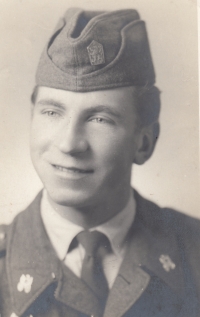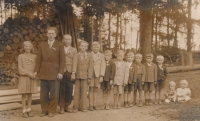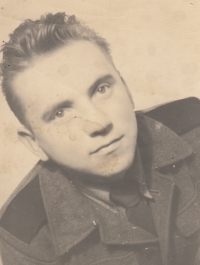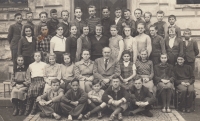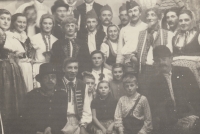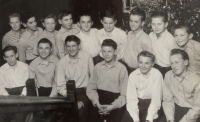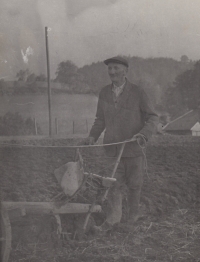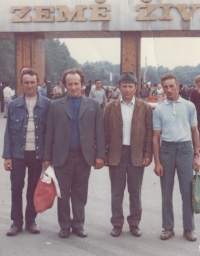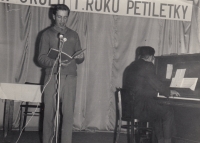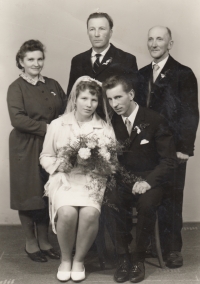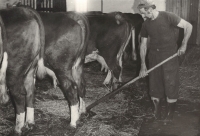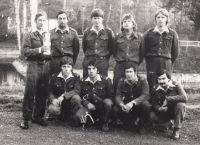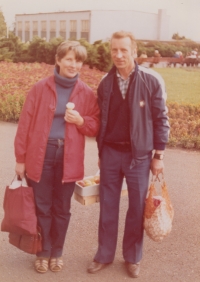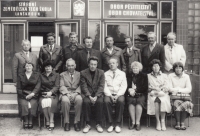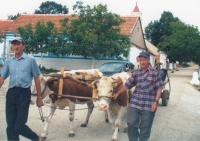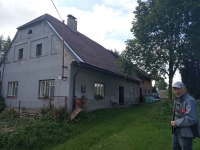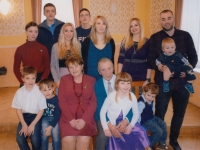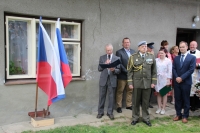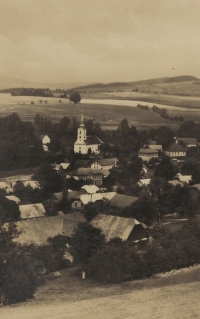In the morning, my mother passed away, and in the afternoon, they came to pressure us to join the collective farm (JZD)
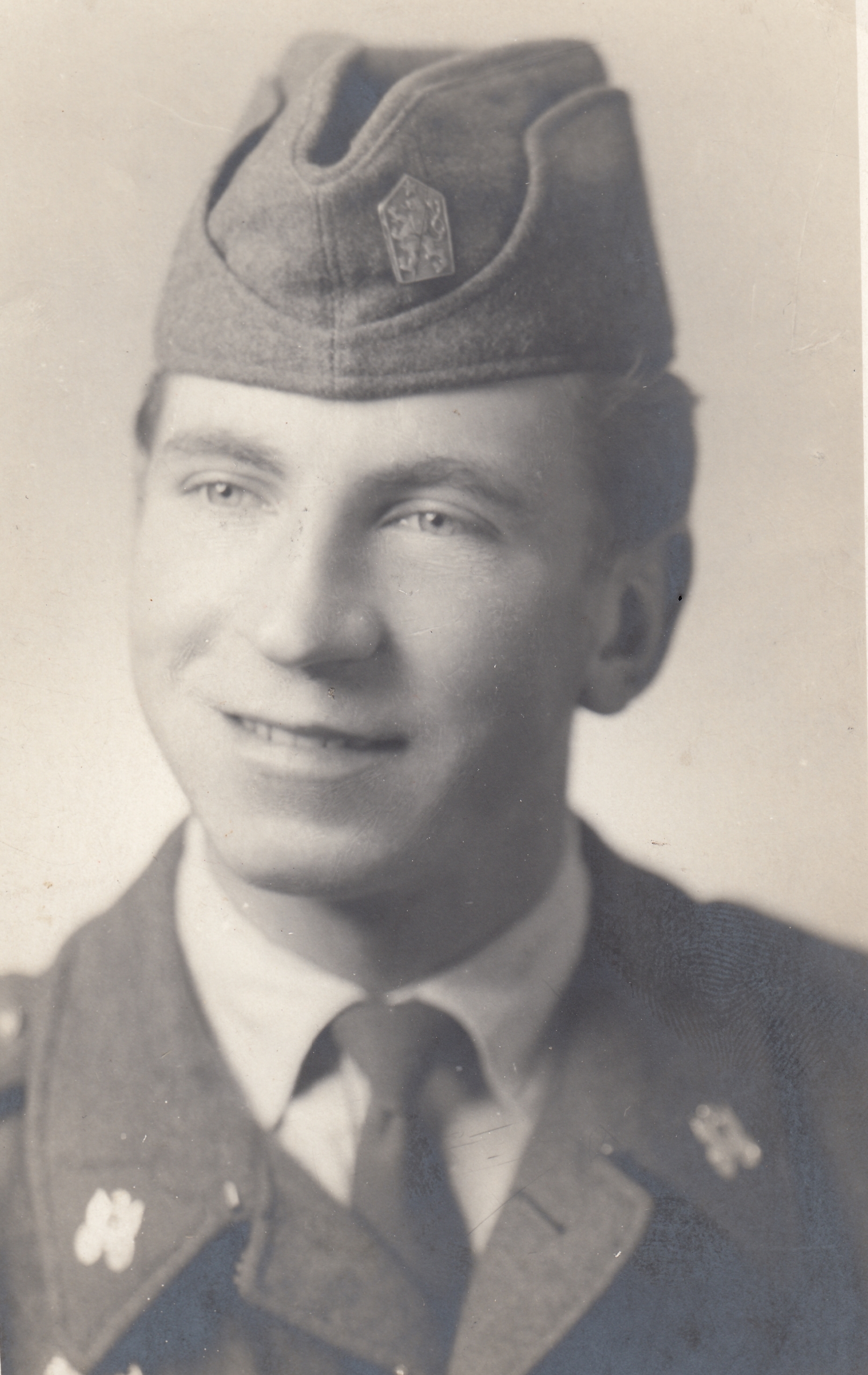
Stáhnout obrázek
František Matějka was born on 21 January 1942 in Bystrec near Jablonné nad Orlicí. His father Josef Matějka (1900-1987) and mother Emílie (1907-1952) farmed a farm with seven hectares of farmland. His parents lived a rich social life, although life in the village was mainly filled with hard work in the first half of the 20th century. They played amateur theater, practiced in the Eagle, participated in the organization of harvest festivals and met in the fire brigade. František had two older siblings - his brother Josef (1933-1987) and his sister Anna (1936). On September 5, 1952, ten-year-old František‘s mother died. That very afternoon, shameless agitators came to convince them to join the JZD. Since his brother Josef had to enlist in the Auxiliary Technical Battalions (PTP) as politically unreliable and his sister was studying, little František and his father took over the responsibility for the farm and the delivery of supplies. He worked hard from dawn till dusk. He had to learn to milk the cows by hand. The terror against the farmers culminated in 1953, when the comrades forcibly evicted three families from Bystrec. Eventually they forced everyone to join the JZD, including the Matějkas. After primary school, he entered the agricultural year school in 1956, completed his secondary education in 1978-1983 and then worked as a zootechnician in the JZD Bystřec. In 1968 he married Maria Killar from Bystřec, who also came from a family of persecuted farmers. They raised four daughters together. František Matějka preserves the legacy of his uncle, army officer Vincenc Matějka, who was killed in the defence of Dvůr Králové nad Labem on 5 May 1945. In 2024, he initiated the unveiling of a memorial plaque at his birthplace in Bystrec.
